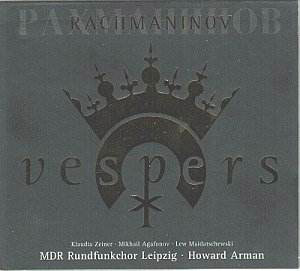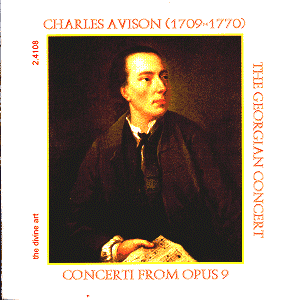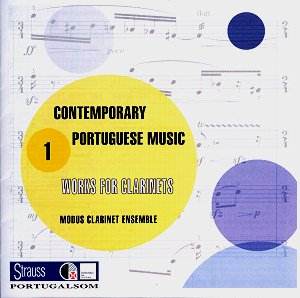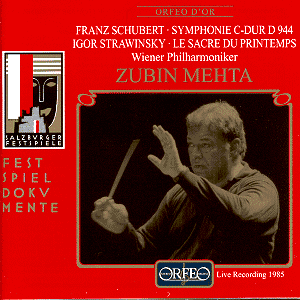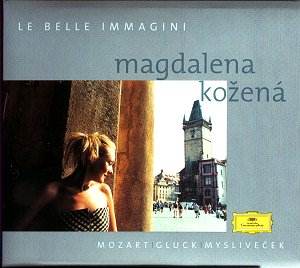 Composer: W.A. Mozart, Christoph Willibald Gluck, Josef Mysliveček
Composer: W.A. Mozart, Christoph Willibald Gluck, Josef Mysliveček
Works: From La Clemenza di Tito (1791) “Parto, ma tu, ben mio”; “Deh, per questo istante solo”
Performers: Magdalena Kožená, mezzo-soprano; Prague Philharmonia; Michel Swierczewski
Recording: Rec Prague, Rudolfinum, Dvořák Hall, 9/2001
Label: Deutsche Grammophon 471 334-2
From Le Nozze di Figaro (1786) “Voi che sapete”; From Lucio Silla (1772) “Il tenero momento”; From Idomeneo (1781) “Il Padre adorato”; From La Finta Giardinera (1774) “Va’ pure ad altri in braccio”
The latest recording featuring the versatile mezzo-soprano Magdalena Kožená showcases a thoughtfully curated selection of arias from the operatic repertoires of Mozart, Gluck, and Mysliveček, all composers intimately connected to the rich cultural backdrop of Prague. This disc serves not only as a testament to Kožená’s burgeoning artistry but also as an exploration of the evolving operatic idiom in the late 18th century, where the influence of Gluck’s reforms can be discerned in the melodic contours of early Mozart.
Kožená’s interpretations are marked by a combination of technical prowess and emotional insight. Her voice, while possessing a robust quality, is also endowed with a delicate timbral palette that she manipulates with finesse. In “Voi che sapete,” she navigates the aria’s lyrical lines with an expressive nuance that enhances its narrative depth, albeit with a slight departure from the character’s traditionally youthful inflection. This interpretation, while beautiful, may invite contention regarding its dramatic appropriateness in the context of the original opera. However, the richness of her tone and clarity of enunciation compensate for any perceived lack of youthful exuberance.
The Prague Philharmonia, under the baton of Michel Swierczewski, provides an adept accompaniment that complements Kožená’s vocals without overshadowing them. The ensemble’s sound, while polished, lacks the distinctive timbre associated with Czech orchestral traditions, which might evoke a sense of longing for the characteristic warm winds of earlier Czech musicianship. Nevertheless, their performance is lively and engaging, particularly in the clarinet solos of “Parto, ma tu, ben mio,” where the interplay between voice and instrument unfolds with an intimate dialogue.
Recording quality is noteworthy, with a clear and spacious sound that allows each layer of orchestration to emerge distinctly. The engineering captures the subtle nuances of Kožená’s voice, enabling the listener to appreciate her dynamic range and interpretative choices. The sonic balance between voice and orchestra is well-managed, ensuring that neither element dominates the other, thus facilitating a cohesive listening experience.
Mysliveček, often overshadowed by his more illustrious contemporaries, contributes a selection of arias that reveal his adeptness at crafting poignant and melodically rich material. Kožená’s renditions of these pieces, particularly “Deh, parlate,” reveal a commitment to elevating lesser-known works, allowing them to resonate within the broader operatic discourse. Her interpretations breathe life into the arias, showcasing Mysliveček’s craftsmanship while providing a platform for her interpretive strengths.
This recording stands as a significant addition to the discography of both Kožená and the composers featured. It not only highlights her technical and expressive capabilities but also invites listeners to explore the lesser-known corners of the operatic repertoire. As she continues to navigate the complexities of her art, this disc promises to be a stepping stone toward her inevitable ascent in the operatic world, where her talents will surely find broader expression and recognition. The thoughtful selection of repertoire, coupled with committed performances, positions this recording as a commendable exploration of a fascinating period in operatic history.
